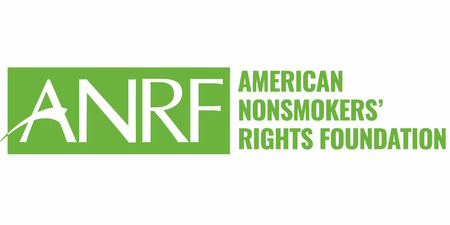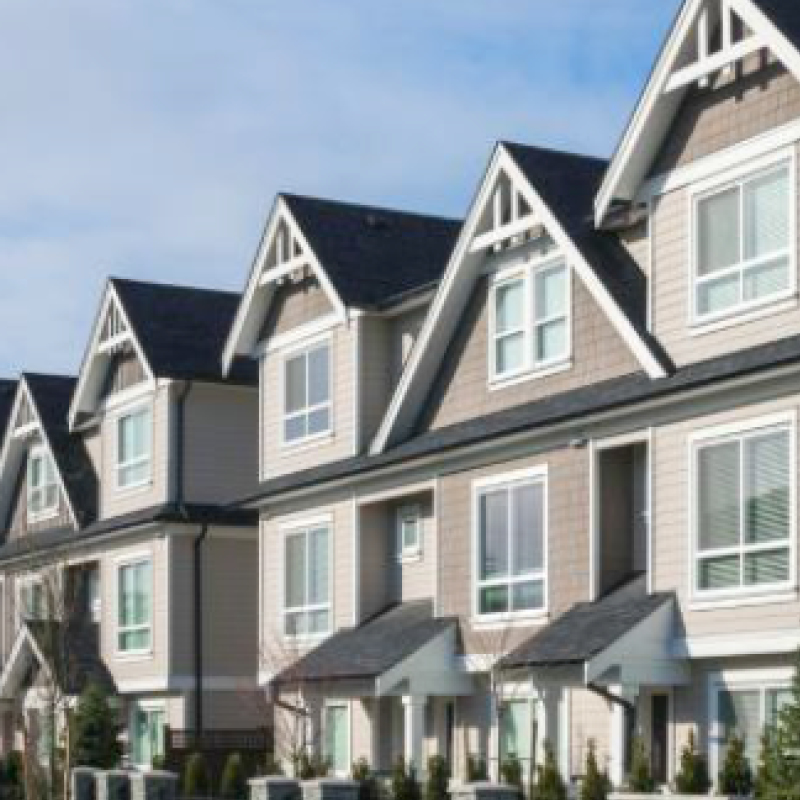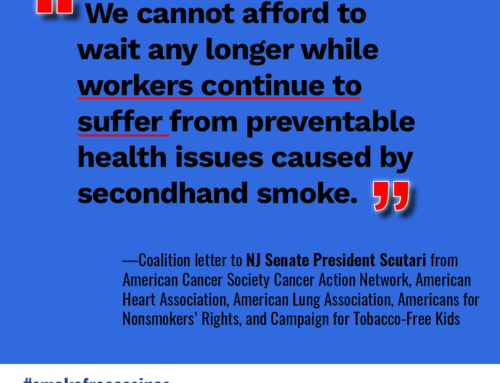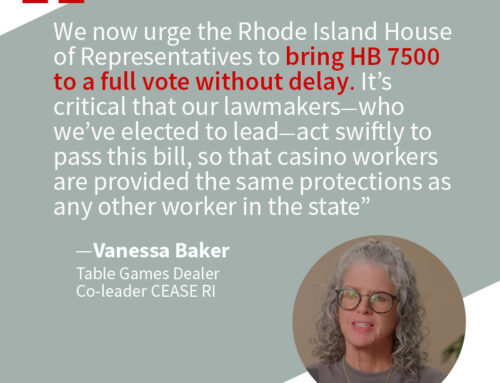July marks the first anniversary of the implementation of the U.S. Department of Housing and Urban Development (HUD) rule that brings smokefree air to public housing properties.
The HUD rule required all Public Housing Agencies (PHAs) to implement a policy by July 31, 2018 that prohibits smoking inside public housing residential buildings, PHA office buildings, and within 25 feet of these properties. The goal of the rule is to reduce secondhand smoke exposure and create a healthier living environment for individuals living in public housing, including low-income families, seniors, and people with disabilities.
Over the last year, PHAs have been working to implement their policies, including educating residents, developing outreach and enforcement procedures, and connecting staff and residents to smoking cessation resources. Local, state, and federal tobacco control partners, including ANR Foundation, have been providing technical assistance, trainings, and information to PHAs to help them implement their policies in a manner that is supportive to all residents.
Prior to the adoption of HUD’s rule, hundreds of individual PHAs helped lead the way by already transitioning their public housing to be smokefree. Studies show that smokefree policies can reduce secondhand smoke exposure, improve indoor air quality, reduce reported health symptoms, and result in more people quitting smoking.
The HUD rule is an important step forward to create more smokefree housing, but there are still gaps in the protections. One area of confusion is around what properties are actually covered by HUD’s rule. HUD requires only public housing properties to have a smokefree policy, and public housing is just one of several types of affordable housing properties that receive funding from HUD. These other HUD-funded properties—including Housing Choice Voucher (Section 8) properties and mixed finance properties—are not covered by HUD’s rule.
At ANR Foundation, we receive many calls and emails from residents living in Section 8 properties and HUD-funded senior properties who are suffering from drifting secondhand smoke in their apartment, and they believe that their buildings are supposed to be smokefree. It is disappointing to inform these residents that HUD’s smokefree rule does not apply to their building.
Thankfully, these other HUD-funded properties can adopt their own smokefree policies, and HUD encourages them to do so. Also, it’s important to note that some PHAs are choosing to expand their smokefree policies to include their mixed-finance properties and project-based Section 8 properties. HUD cannot mandate a smokefree policy for privately owned properties that accept Section 8 vouchers, so these properties need to have a smokefree policy adopted by the building owner, management company, or by local law.
Another area of concern is that some PHAs are converting some public housing properties to other types of HUD-funding, which potentially means that these properties would no longer be obligated to have a smokefree policy. ANR is looking into this issue and strongly encourages all properties to keep their smokefree policy in place if they convert to another funding stream. It would be a step backwards to remove smokefree protections and once again expose residents to toxic air. Far too many vulnerable residents remain exposed to secondhand smoke in their homes, and much more action is needed to increase the availability of healthier, smokefree affordable housing.
What can be done moving forward?
We encourage PHAs to continue working to implement the smokefree rule for public housing, and consider taking the next step to extend their smokefree policy to their mixed-finance and project-based Section 8 properties. We also encourage landlords that accept Section 8 vouchers as well as other affordable housing providers to adopt smokefree policies. Municipalities should also consider adopting a local smokefree law to require all multi-unit housing in the community to be smokefree, in order to provide all residents with a healthier living environment






